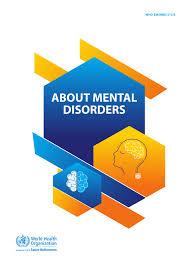The Role and Impact of the World Health Organization

Introduction
The World Health Organization (WHO) plays a crucial role in managing public health challenges on a global scale. Established in 1948, the WHO has been at the forefront of initiatives to combat diseases, improve health systems, and foster international cooperation. In light of recent global health crises, the significance of WHO’s work has never been more pronounced.
Recent Developments
In October 2023, the WHO released its latest report addressing the ongoing effects of the COVID-19 pandemic and the preparedness for future health emergencies. The report highlights a need for robust health systems capable of responding to imminent threats as well as long-term health challenges, such as climate change and mental health.
Moreover, WHO emphasised the importance of vaccination campaigns, encouraging nations to vaccinate against COVID-19 while also ensuring routine immunisations are not neglected. The organisation praised global vaccination rates but warned about the disparities between low and high-income countries, where access to vaccines continues to lag.
Impact on Global Health
The WHO’s impact extends beyond pandemics. Recent initiatives pushing for mental health resources globally position mental well-being as essential to overall health. WHO’s Mental Health Action Plan aims to ensure that mental health accounts for a significant part of national health budgets, reflecting the rising awareness of mental health issues exacerbated by the pandemic.
The WHO is also actively involved in addressing health threats caused by climate change, evident from its recent campaign promoting air quality improvements as a pathway to better health outcomes. WHO’s commitment to climate and health integration showcases their comprehensive approach towards health, recognising the interconnectedness of environmental factors and health.
Conclusion
The World Health Organization continues to evolve, reflecting the dynamic nature of global health challenges. As it enhances its focus on vaccination, mental health, and climate impacts, it remains a pivotal entity in shaping health policies worldwide. Moving forward, the signifying challenge for WHO will be ensuring equitable access to health resources globally, thus leaving no country behind. As citizens and policymakers closely monitor WHO’s guidelines, its influence will likely shape the future landscape of global health.
